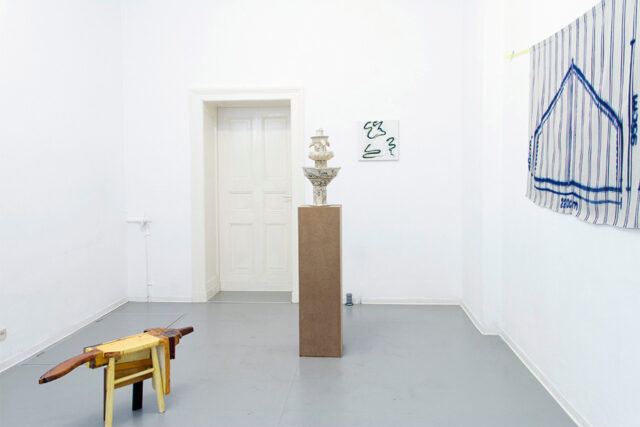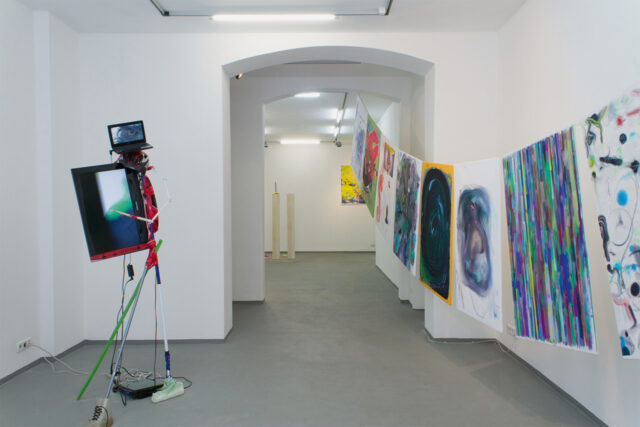
Michael Rupini, Witalij Frese & Mark Corfirld-Moore, Back Yard, curated by Alana Lake, 2019

Leah Dixon, Siebren Versteeg, Justin Lieberman & Michaela Zimmer, Other’s Own, 2015

Michael Rupini, Witalij Frese & Mark Corfirld-Moore, Back Yard, curated by Alana Lake, 2019

Leah Dixon, Siebren Versteeg, Justin Lieberman & Michaela Zimmer, Other’s Own, 2015